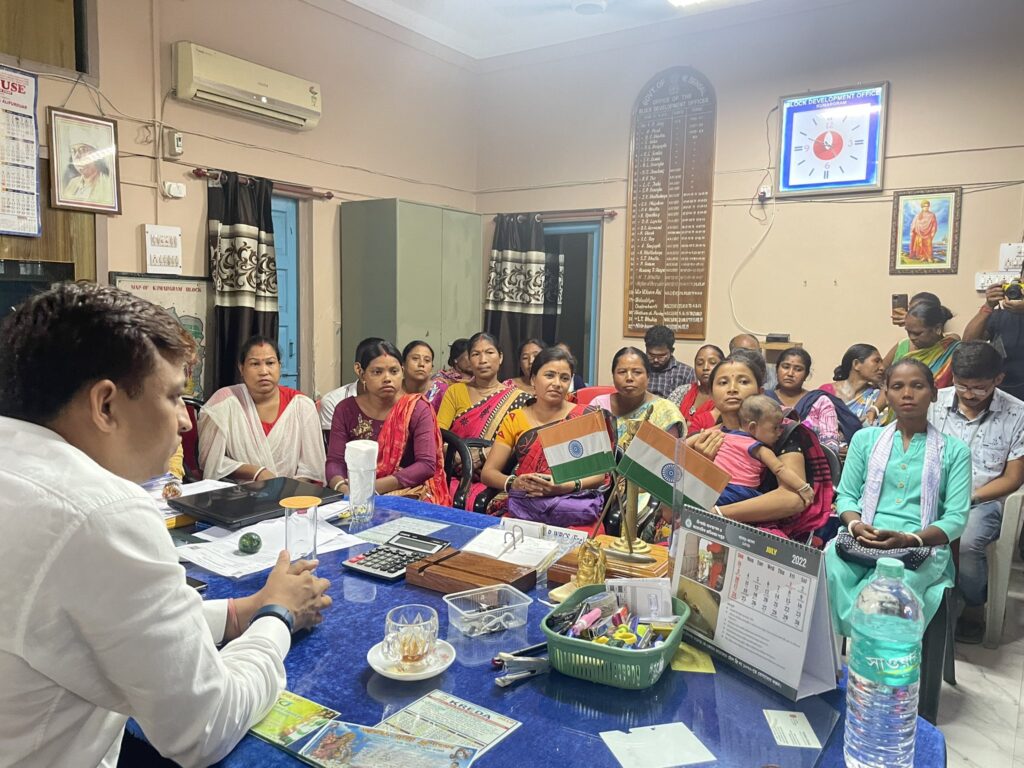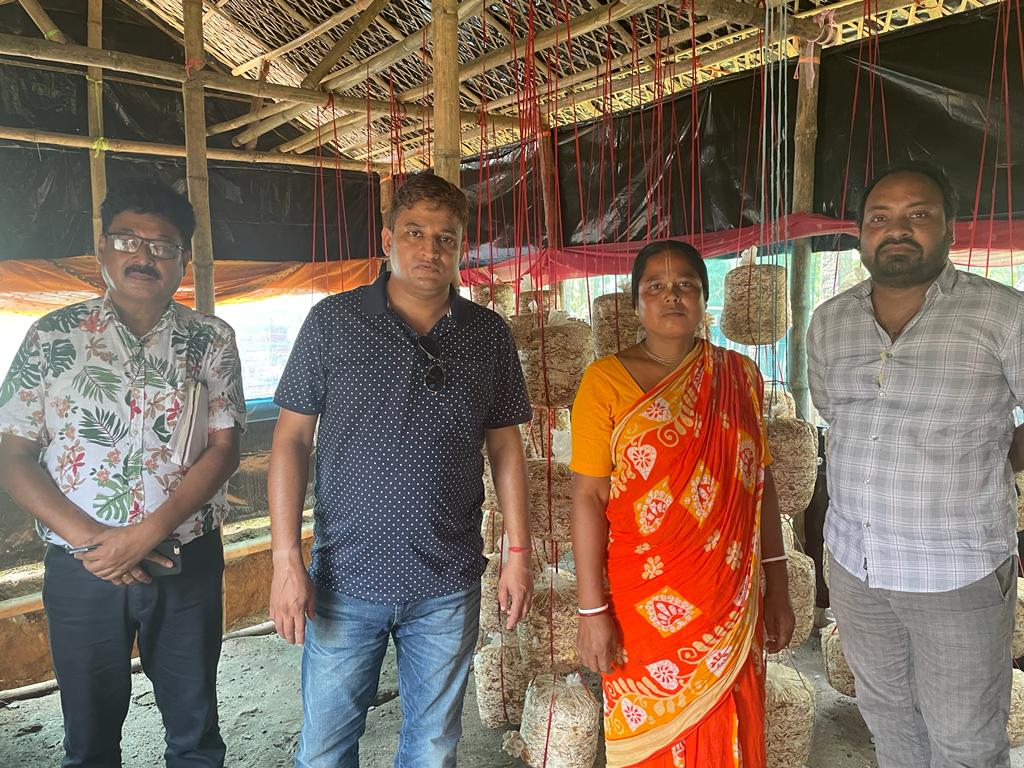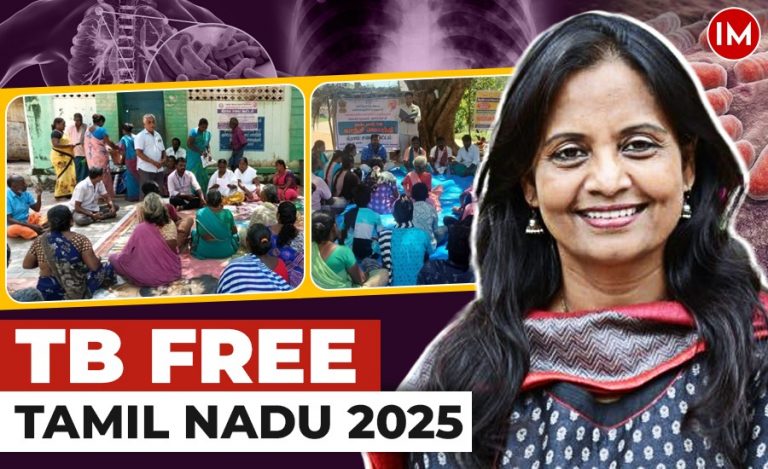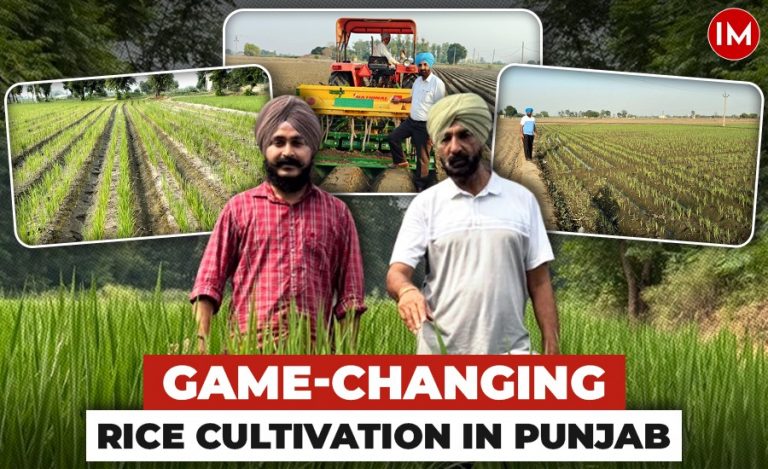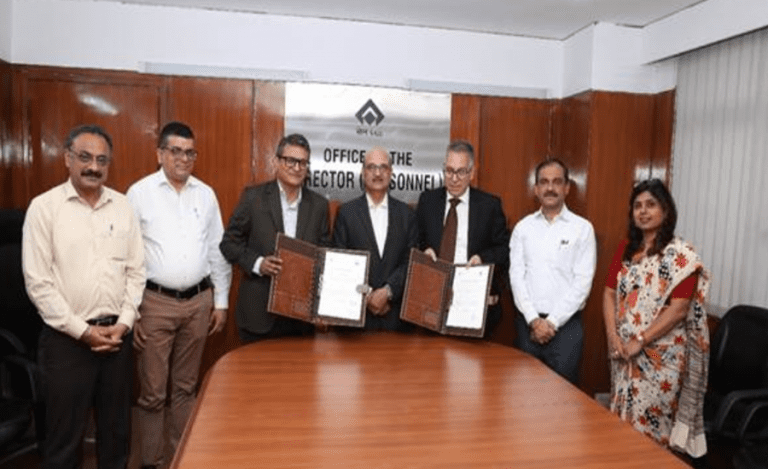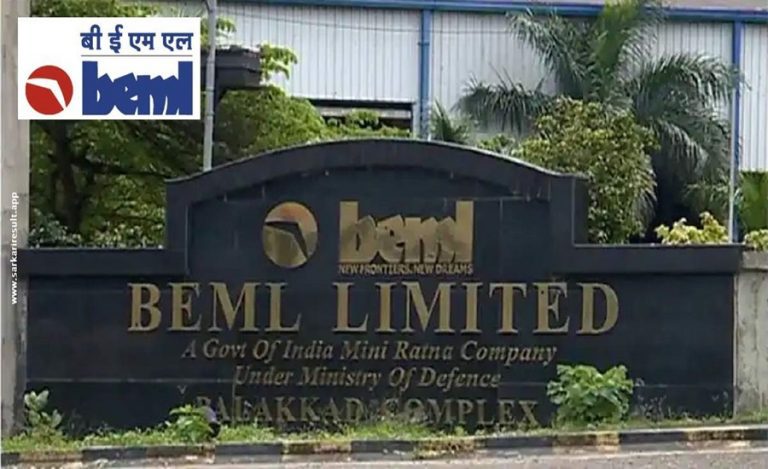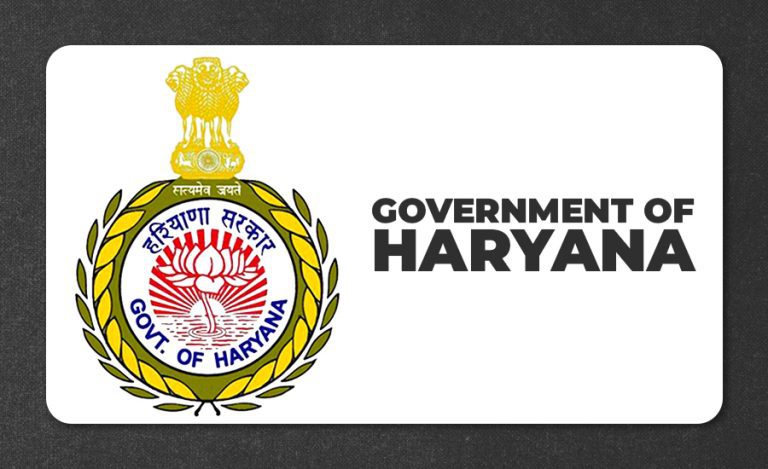After using bee farming as a repellent to reduce man-elephant conflict, and at the same time, provide livelihood opportunities to local villagers, the district administration of Alipurduar in North Bengal is promoting mushroom cultivation to empower women and farmers through Self Help Groups (SHGs). This mushroom is also to be exported to neighbouring country Bhutan, where demand for mushroom is quite high.
This initiative was started almost two years ago under the leadership of 2011-batch IAS officer Surendra Kumar Meena, who is the District Magistrate of Alipurduar, who got this idea from a local woman who was cultivating mushroom and earning from it. Seeing that lady, Mr. Meena thought that this should be done on a larger scale, through big SHGs, to increase the income of local women and empower them.
Indian Masterminds interacted with Mr. Surendra Kumar Meena to get more details about this initiative.
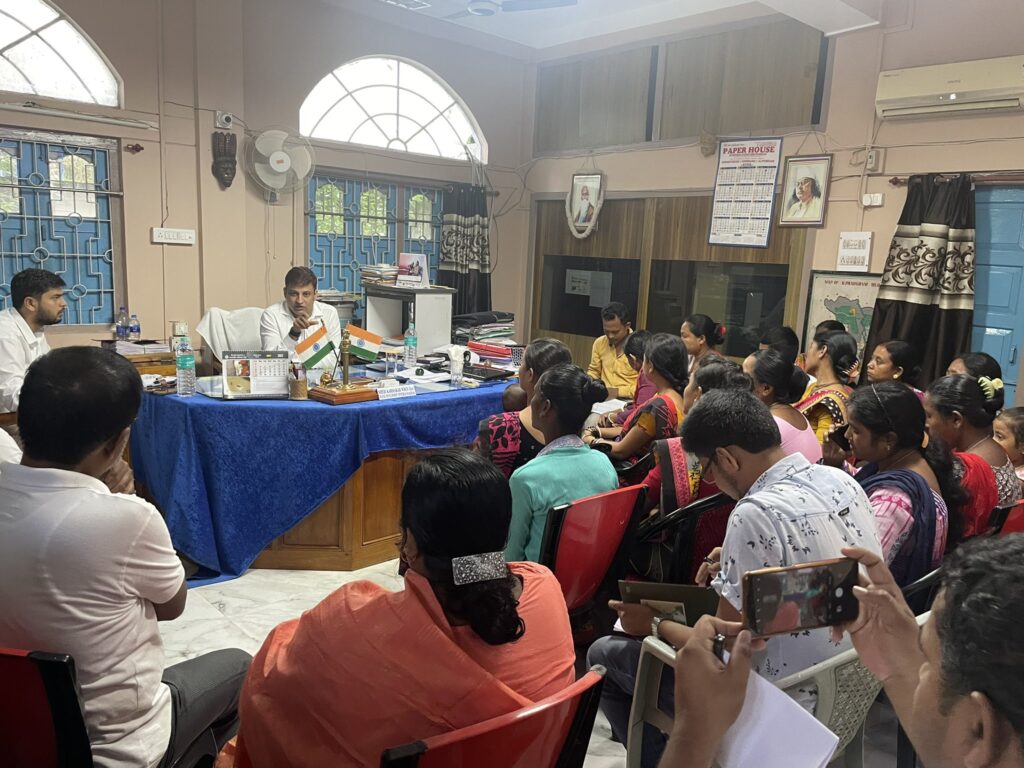
HOW THE IDEA CAME
The initiative was started from the Kumargram block of the district, but now it is being extended to other blocks as well and people are joining it in large numbers. Initially, there were only women in the Self Help Group, but later, when new cooperatives were formed, some men also joined it. But, still, 90 percent of those involved are women only, and rightly so, as the main objective behind this initiative is women empowerment.
Initially, about 500 women benefited from it through around 50 SHGs. The figure has gone up since then, and till now, more than 1000 people have benefited, mostly women.
Mr. Meena said, “Mushrooms are a low-calorie food that packs a nutritional punch. Loaded with many health boosting vitamins, minerals and antioxidants, they’ve long been recognized as an important part of any diet. Kudos to Our SHGs team, they have already started production. We started working on this 2 years ago, when we got this idea from a woman named Janata Das from Pukharigram area of Kumargram block. Since then, we are promoting mushroom cultivation in the district.”
The SHG members were provided with training and all other logistical support. First of all, a mushroom shed was built for them, and then, the rest of the necessary things were supplied.
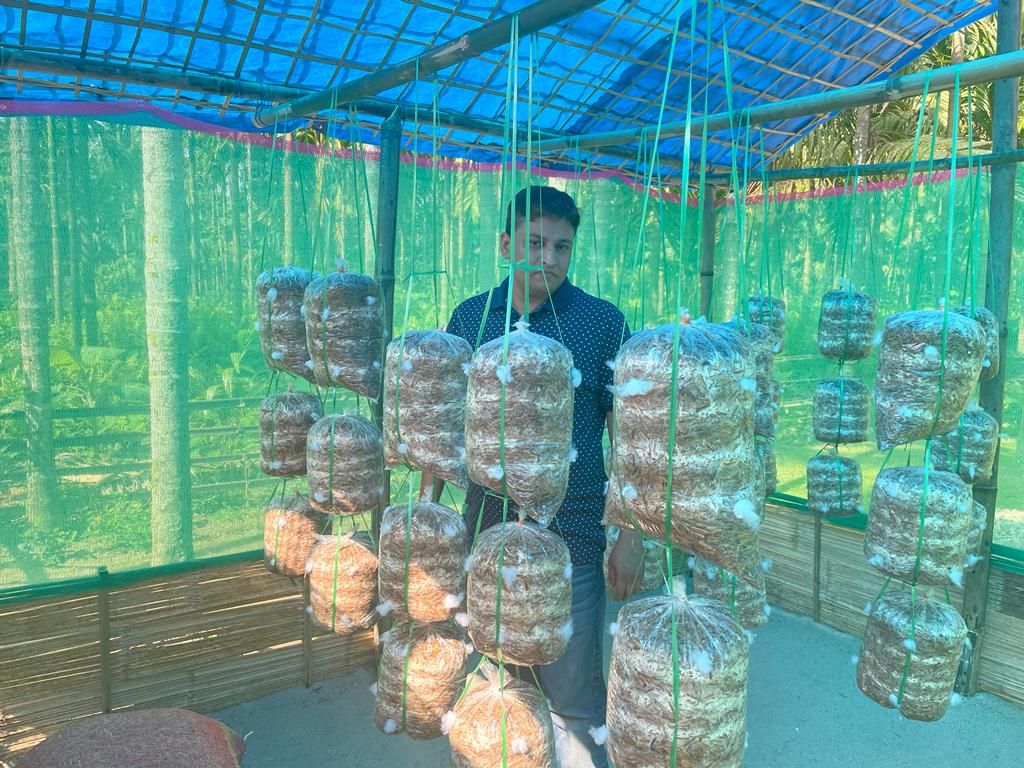
FSSAI LICENSE SOON
The district administration is also hopeful that the mushroom cultivators will be getting the FSSAI license soon. Once the FSSAI license is obtained, the produce will be packed in attractive packages. Obtaining that license means that they can provide the food business with legal benefits, ensure food safety, and assist in business expansion. Also, it helps regulate, manufacture, storage, distribution and sale of import food.
“We are also making mushroom outlet for them. There will be dedicated outlets where the mushrooms will be available. Right now we are growing only oyster mushroom, but we are also working on growing Button Mushroom, which will be exported soon. The mushrooms produced in Alipurduar will have special branding. They will be available throughout the country as well as in the neighbouring countries,” Mr. Meena said.
TAPPING THE BHUTAN MARKET
Mushrooms’s popularity is growing, especially among vegetarians. Loaded with many health boosting nutrients, including vitamins, minerals and antioxidants, they are becoming an important part of the diet. As a result, the market for mushroom is expanding at a fast rate. The district administration of Alipurduar is especially trying to tap the neighbouring Bhutan market.
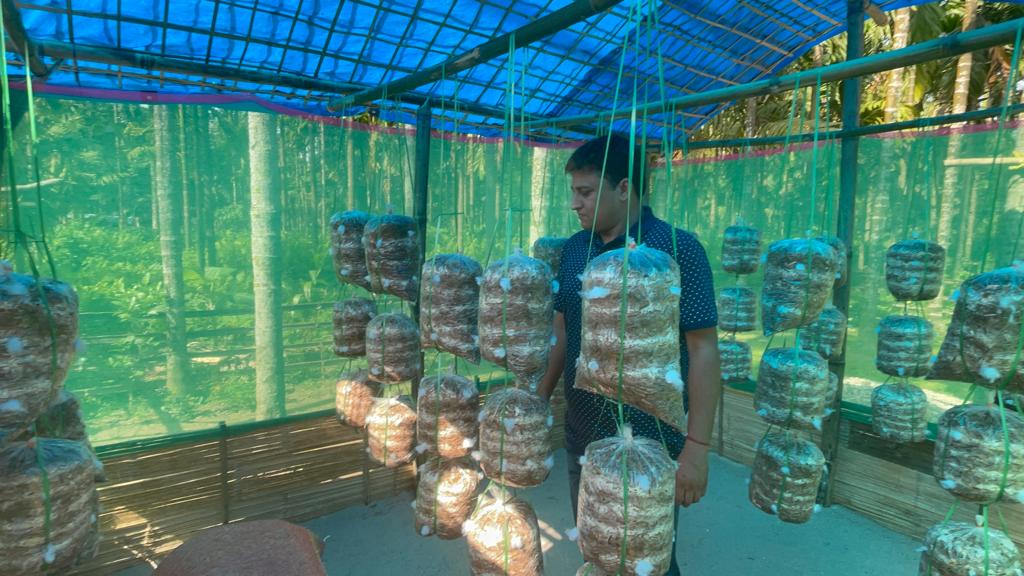
Mr. Meena said, “Mushroom consumption is very high in Bhutan. As of now, mushroom from Alipurduar, Kalimpong and Darjeeling go there. Transportation is easy as Alipurduar is adjacent to the Bhutan border. Mushroom’s value is Rs. 150-200 per kg here, but in Bhutan, it sells for Rs. 450-500 per kg. That’s why, by increasing its production, we plan to take it to an advanced stage, like we did in bee farming. We will do it in the same way as we did earlier by forming a cooperative society for honey.”
He further informed that to create value addition, stress is being laid on improving the packaging and branding. Also, all middlemen have been removed and the SHGs have been directly tied up with Bhutan’s trade bodies association. This will enable the mushroom farmers to sell their product directly to Bhutan and will also fetch them a good price.
